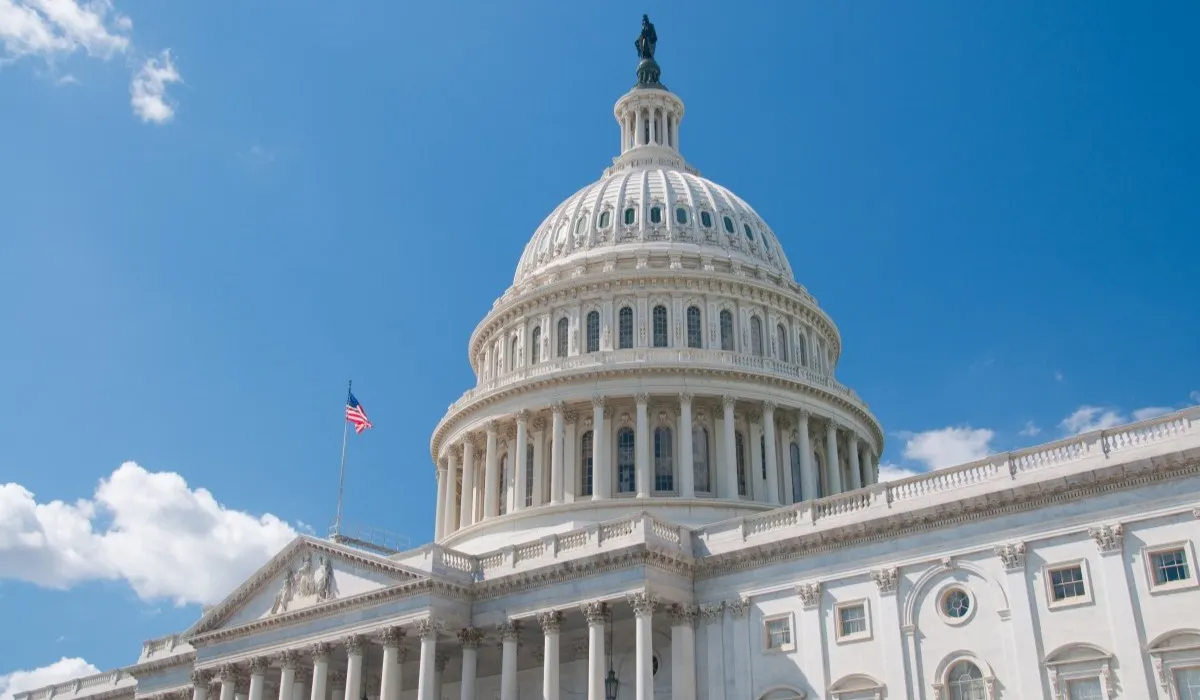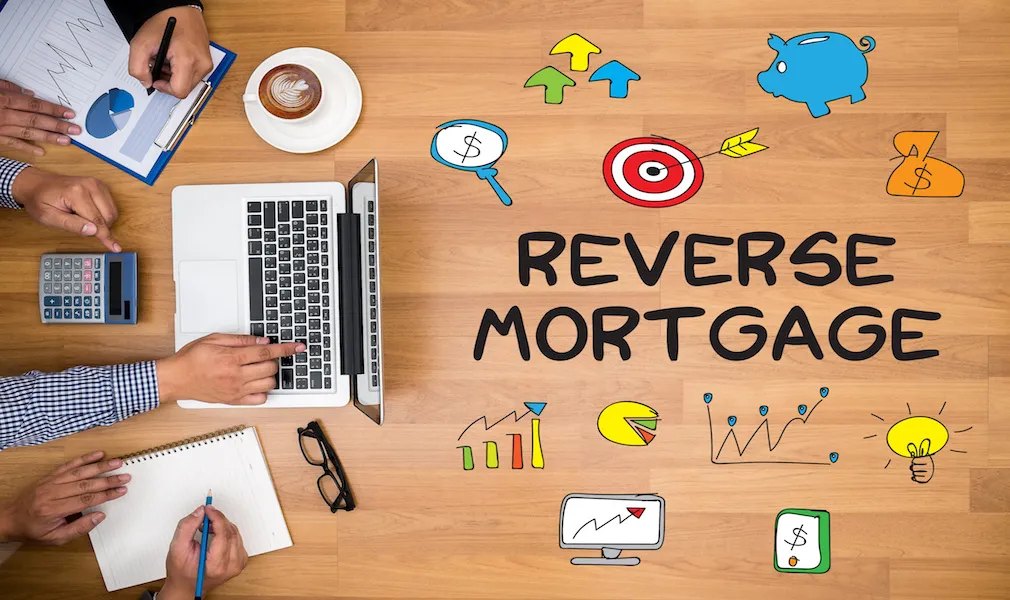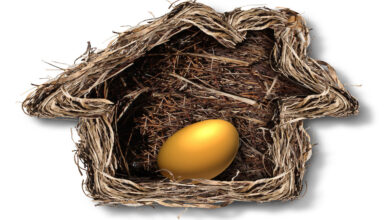Senior housing assets rise to $14 trillion in the second quarter

Homeowners age 62 and older saw their collective home equity increase by approximately $600 billion in the second quarter of 2024, rising to a total of $14 trillion and continuing a streak of forward momentum seen in the first quarter.
This is evident from the Reverse Mortgage Market Index (RMMI), a measure of the equity in homes held by seniors National Association of Reverse Mortgage Lenders (NRMLA) in partnership with a data analytics company Risk span.
The RMMI rose to 489.70 in the first quarter of 2024, up from the first quarter level of 461.28. There was an estimated 3.97% (or $624.6 billion) increase in senior housing values, which was offset by a 0.89% (or $20.9 billion) increase in senior mortgage debt.
“America’s older homeowners are sitting on $14 trillion in home equity, which is an impressive milestone,” NRMLA President Steve Irwin said in a statement accompanying the data. “Housing equity represents a critical but underutilized resource that could provide greater financial security to America’s aging population.”
Irwin added that consideration of this tool should be part of any conversation about retirement security.
“We encourage homeowners to at least consider tapping into their home equity when setting up a comprehensive retirement plan, because those funds can be used to pay for everything from daily living expenses to future long-term care needs,” he said.
Senior homeowners benefited from the rise in home prices during the COVID-19 pandemic. As a frame of reference, in 2011 the collective level of stock holdings by seniors was approximately $3 trillion. In the third quarter of 2021, the value reached $10 trillion for the first time. And in the first quarter of 2022, it exceeded $11 trillion.




